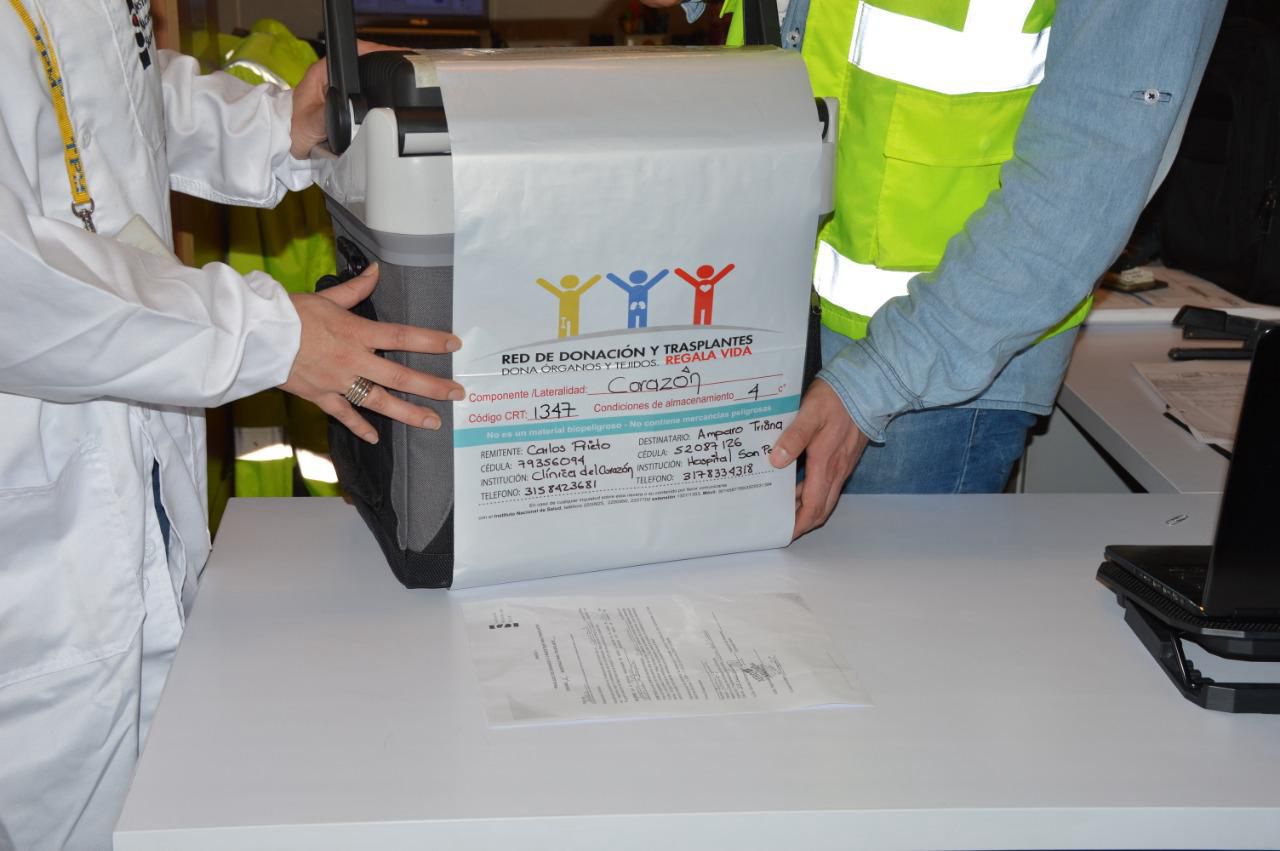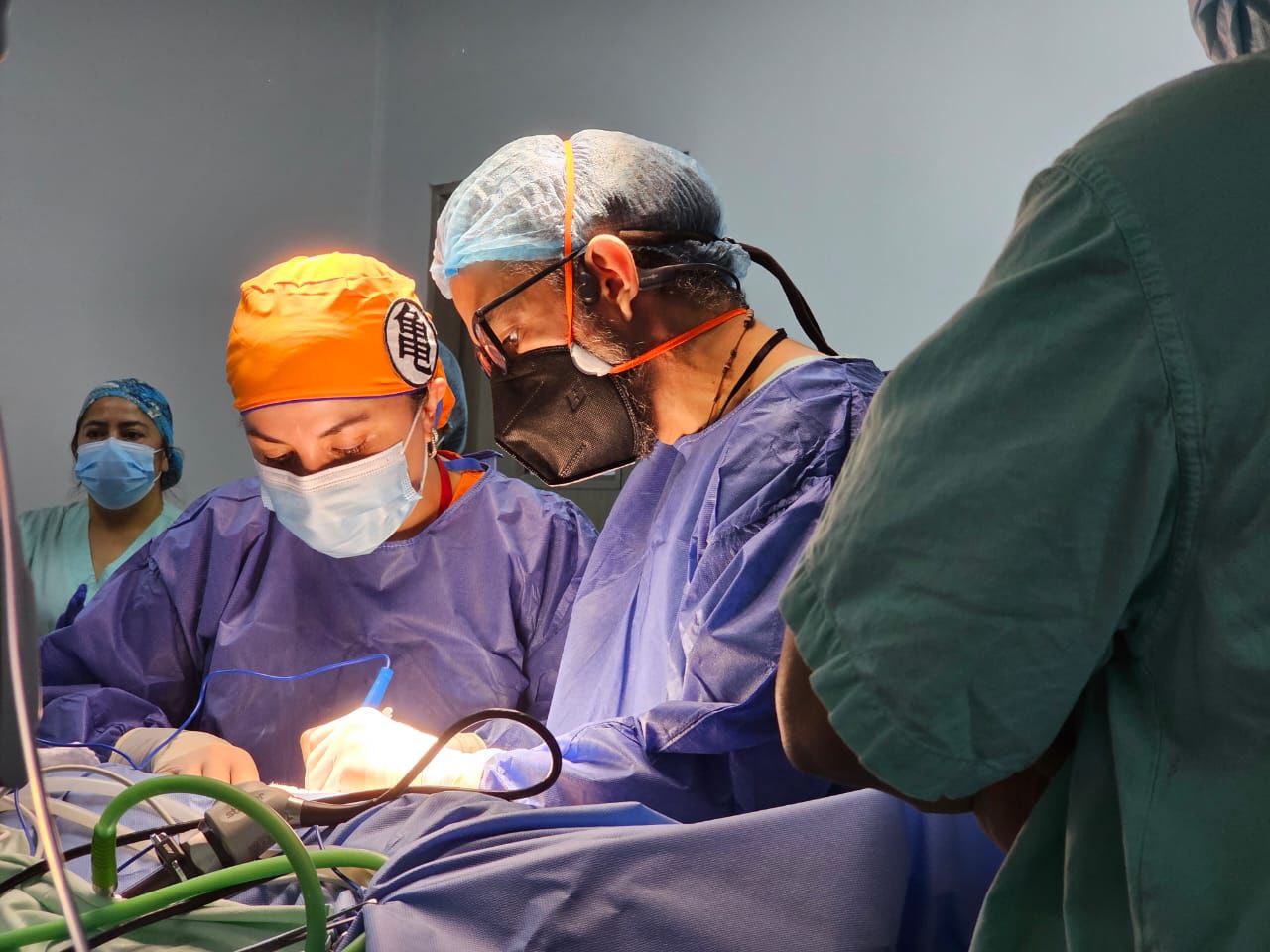World Transplant Day: In Colombia, there are 4,282 people on the donation waiting list.

From the National Institute of Health (INS), on World Transplant Day, Director General Diana Marcela Pava Garzón thanks the citizens who have cared for and understood the importance of prolonging the life cycle through donation.

In the case of minors, the parents or guardians accept the donation. Photo: Courtesy.
For 20 years, the INS has coordinated organ and tissue donation and transplantation at the national level, in accordance with the rules and regulations established by the Ministry of Health and Social Protection through Resolution 2493 of 2004.
According to the National Information System on Donation and Transplants (RedData) of the INS, between 2006 and May 30, 2025, 346,383 positive intentions to donate and 1,469 negative intentions have been expressed in the country.

If a person has not formally expressed their opposition to donating, their willingness to do so is presumed. Photo: Courtesy.
Donation is a right and a will that must be expressed during life. In Colombia, if a person has not formally expressed their opposition to donating in accordance with Law 1805 of 2016, their willingness to donate is presumed. Therefore, at the time of death, this right must be respected and fulfilled in accordance with the law. In the case of minors, the parents or guardians are the ones who accept or reject the donation of organs or tissues.
Between January and May of this year, 8,116 citizens expressed their willingness to donate their organs upon death. "During all of 2024, there were 19,378, and in 2023, 30,634 registered in the donor system," Pava emphasized.
This year, 571 transplants were performed. In 2024, there were 1,357 transplants; in 2023, 1,394; in 2022, 1,190; in 2021, 938; in 2020, 800 transplants were recorded, and in 2019, there were 1,303.
And while the figure is noteworthy, compared to the number of people waiting for a transplant, it falls short of the country's reality, according to the INS. In fact, during 2024, 7.4 donors per million people were registered in Colombia.

Twenty-three people are waiting for a heart in Colombia. Photo: Courtesy.
According to the director of the INS, as of June 4, there are 4,248 people waiting for a transplant in Colombia. Of these, 3,952 are patients who need a kidney transplant. They are followed by 174 people waiting for a liver donor, 53 for a lung donor, and 23 for a heart donor.
Similarly, 499 people are on the waiting list for eye tissue, 464 of whom are awaiting a fresh cornea transplant to improve their vision. However, there are more complex cases: 32 people are waiting for a kidney and pancreas transplant, and 12 for a kidney and liver transplant.
Pava emphasized that a cadaveric donor can provide up to six vital organs (lung, heart, liver, kidneys, and pancreas) to contribute to the lives of the same number of people.
Anatomical components can be obtained from living or deceased donors, and organs, tissues, or cells can be transplanted. In the case of living donors, established ethical, legal, and medical requirements must be met.
eltiempo




